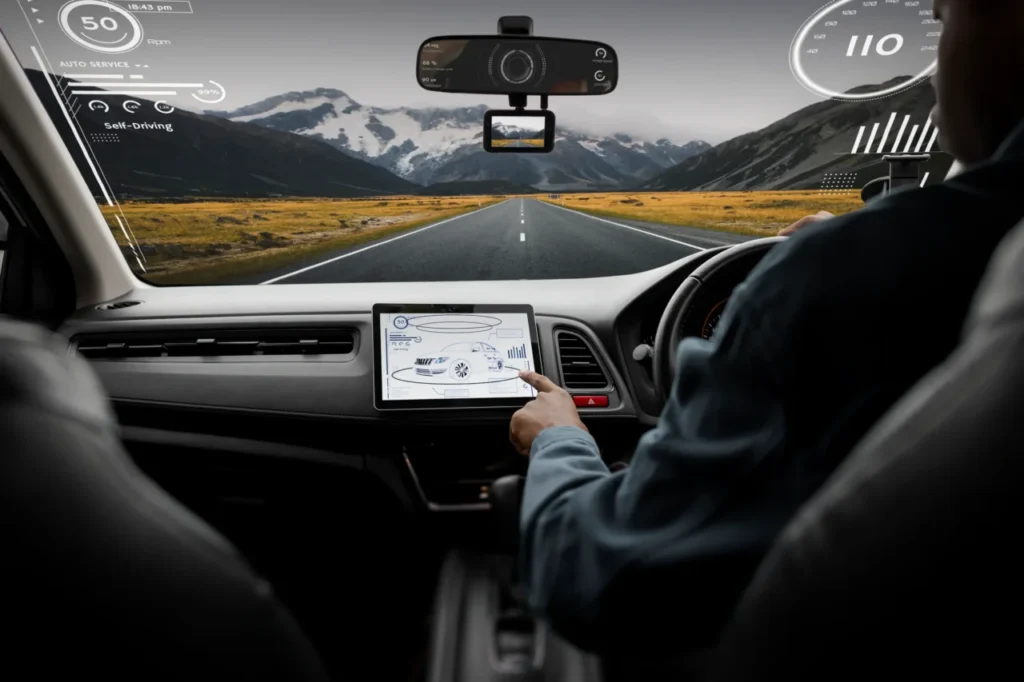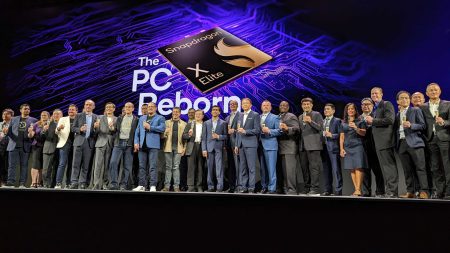Ford has sparked privacy concerns after filing a patent for technology that would collect a wide range of driver data, including in-vehicle conversations, to personalize in-car ads. The patent outlines a system that would leverage GPS location, driving speed, traffic conditions, historical user data, and even conversations within the car to target drivers with relevant advertisements.
This development comes at a time of heightened scrutiny around data collection practices. While Ford emphasizes that filing a patent doesn’t guarantee implementation, the news has raised concerns about the potential for intrusive advertising and the privacy implications of such technology.
Source: Ford Patent DocumentWhat Does the Ford Patent Describe?
According to the patent document, the proposed system would gather data through various means:
GPS Location: This would allow the system to pinpoint the vehicle’s location and identify nearby businesses or landmarks. For example, when driving past a fast-food restaurant, the system could trigger an ad for that particular chain based on your location.
Driving Speed and Traffic Conditions: The system could tailor ads based on whether you’re stuck in rush hour traffic (promoting audiobooks or podcasts) or cruising down the highway (suggesting roadside attractions).
Historical User Data: The patent mentions using previous user data, potentially including past destinations or music preferences, to further personalize ad recommendations.
In-Vehicle Conversations: Perhaps the most controversial aspect, the system could analyze conversations to glean insights into what drivers are discussing – for example, if you’re talking about needing groceries, a nearby supermarket ad could pop up on the infotainment screen.
Privacy Concerns and Potential Backlash
Privacy advocates are understandably wary of this technology. The idea of car manufacturers recording in-vehicle conversations raises concerns about security and potential misuse of the data. Critics argue that such intrusive data collection could lead to targeted advertising that feels manipulative or even creepy. They also raise concerns about who would have access to this data and how it would be secured.
“We’re used to seeing ads tailored to our online activity. However, having your car eavesdrop to serve ads based on your conversations and location adds a new level of intrusion. This type of system raises serious privacy concerns and could alienate a significant number of consumers who are already wary of companies collecting too much personal data,†wrote Automotive Influencer Daryl Killian.
The potential for driver distraction is another concern. Constantly receiving in-car ads could divert attention from the road, potentially leading to safety hazards.
Ford’s Response and Industry Trends
Ford has been quick to downplay the potential implementation of this technology. In a statement to Fortune, the company clarified that filing a patent is a standard practice to explore new ideas and doesn’t necessarily indicate immediate plans to release such a system.
However, this isn’t the first time Ford has explored personalized in-car advertising. A few years ago, the company filed a patent for a system that would display digital versions of billboards on the car’s display as you drive by them.
Ford isn’t alone in exploring data-driven in-car experiences. Other car manufacturers, like General Motors, have also shown interest in personalized advertising and data collection within vehicles. This trend highlights the growing integration of technology into our cars, raising concerns about data privacy and potential misuse.
Looking Ahead: Balancing Innovation with Privacy
The potential benefits of in-car technology shouldn’t be dismissed entirely. Personalized navigation, real-time traffic updates, and hands-free communication all contribute to a more convenient and safer driving experience. However, these benefits must be balanced with robust privacy protections.
Here are some key considerations for the future:
Transparency and User Control: Drivers should have clear information about what data is being collected and how it’s being used. Additionally, they should have the ability to opt-out of targeted advertising or data collection entirely.
Data Security Measures: Strong data security practices are crucial. Car manufacturers should implement robust measures to protect user data from unauthorized access or breaches.
Regulatory Oversight: Regulatory bodies may need to establish clear guidelines regarding data collection and advertising practices within vehicles.
Ultimately, the success of in-car technology hinges on a trust between users and car manufacturers. Striking a balance between innovation and privacy is key to ensuring that new technologies enhance, rather than erode, the driving experience.
Source: Read More

